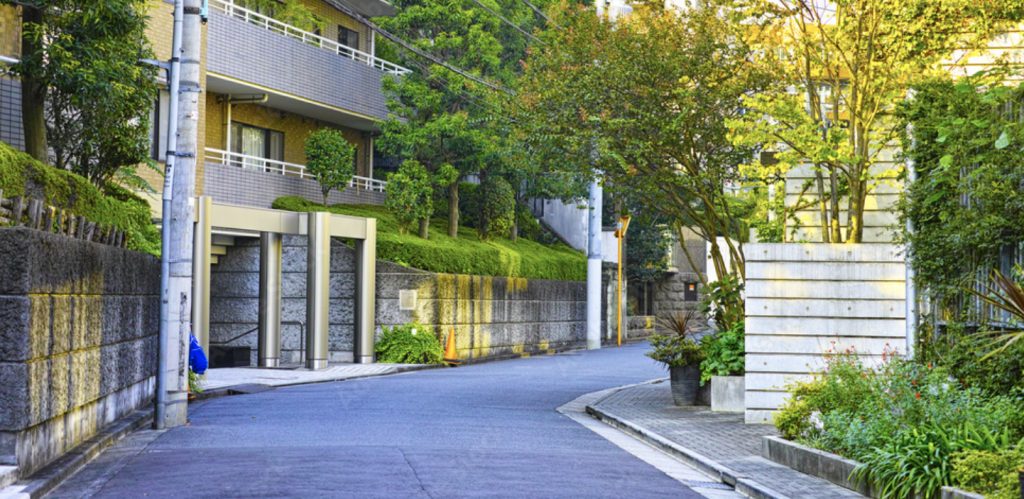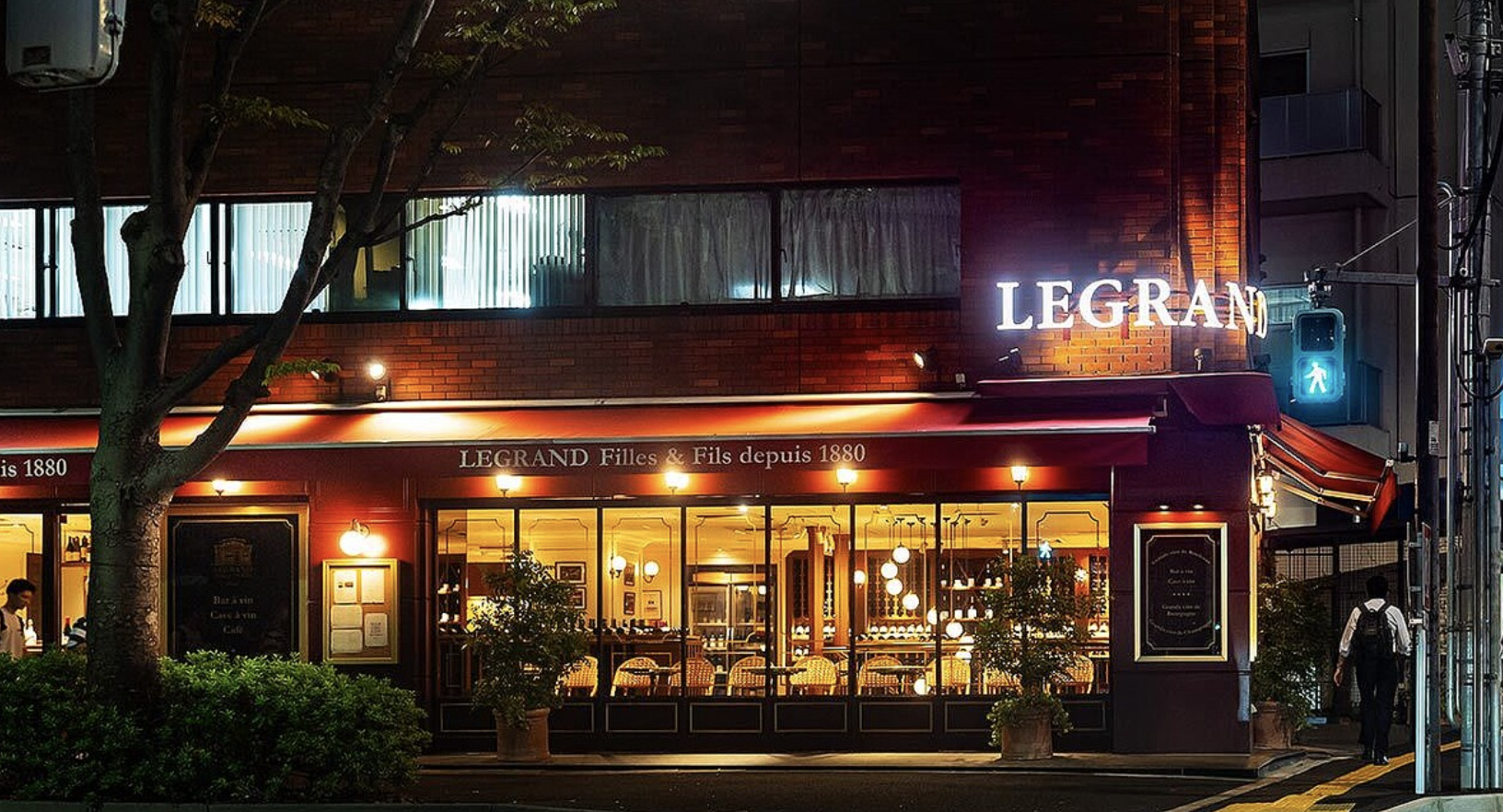Apartments for Rent in Hiroo: A Complete Guide for Foreigners Living in Tokyo
Introduction
When foreigners consider moving to Tokyo, a few neighborhoods immediately come to mind: Roppongi, Azabu, Ebisu, and of course, Hiroo. Nestled in the heart of Shibuya Ward, Hiroo is one of the city’s most international and upscale residential areas. Known for its calm atmosphere, leafy streets, and proximity to embassies and international schools, Hiroo attracts expatriates, diplomats, and global business professionals who want to balance the excitement of Tokyo with a comfortable and secure home base.
This guide introduces Hiroo from the perspective of a foreign resident looking for an apartment to rent. We will explore what makes Hiroo unique, what the rental market looks like, and how it compares to other international neighborhoods in Tokyo.
Chapter 1: The Charm and Atmosphere of Hiroo
Hiroo combines elegance with convenience. Unlike the bustling centers of Shibuya or Roppongi, Hiroo offers a quieter, more refined environment. The streets are lined with boutiques, specialty shops, and cozy cafés that reflect both Japanese tradition and global influence.
One of Hiroo’s key attractions is Hiroo Shopping Street, which has a distinctly local vibe while catering to the needs of international residents. Here, you’ll find bakeries, flower shops, wine stores, and small restaurants that offer both Japanese and Western cuisine.
Equally famous is Hiroo Garden Hills, a pioneering luxury residential complex built in the 1980s that continues to symbolize the area’s upscale lifestyle. More recently, Hiroo Garden Forest has added modern apartments that are especially popular among expat families seeking spacious layouts.
Another highlight is Arisugawa-no-miya Memorial Park, a green oasis just steps away from Hiroo Station. Families gather here for weekend picnics, and children enjoy the open spaces. For many foreigners, the park makes Hiroo feel more like a suburban escape, even though it is located just minutes from central Tokyo.
Chapter 2: The Expat Community in Hiroo
Hiroo’s popularity with foreigners is not a coincidence. The neighborhood has been shaped by the presence of embassies, international schools, and globally oriented businesses for decades. As a result, Hiroo feels welcoming to newcomers from abroad.
- Embassy Proximity: Many embassies, including those of Germany, France, and Norway, are within walking distance. This diplomatic presence enhances both security and the international atmosphere.
- International Schools: Hiroo is home to Sacred Heart International School, and nearby are other well-known institutions such as the British School in Tokyo. For families with children, living close to these schools makes daily routines much easier.
- International Supermarkets: The legendary National Azabu Supermarket stocks imported goods from all over the world, from American breakfast cereals to European cheeses. For expats who miss the taste of home, this supermarket is a lifesaver.
- Medical Facilities: Several English-speaking clinics and hospitals are nearby, giving peace of mind to families and individuals who may not be fluent in Japanese.
The presence of these resources creates a strong support system for foreigners, making it easy to transition into life in Japan. Hiroo is also a hub for international community events, where expats network and build friendships.
Chapter 3: Rental Market in Hiroo
Living in Hiroo comes with a price, but for many foreigners, the quality of life justifies the cost.
- Rental Prices:
- 1-bedroom apartments typically range from ¥200,000 to ¥350,000 per month, depending on size and building quality.
- Family-sized apartments (2–3 bedrooms) often cost ¥400,000 to ¥800,000 per month.
- Luxury properties such as units in Hiroo Garden Hills or Garden Forest can easily exceed ¥1,000,000 per month, especially for large, renovated units.
- Property Types:
- Luxury Condominiums: Modern apartments with concierge services, gyms, and secure entry.
- Detached Houses: Though rare, some family-friendly houses with gardens exist in Hiroo and neighboring Minami-Azabu.
- Serviced Apartments: For short-term residents, fully furnished apartments with flexible lease terms are available.
- Tenant Preferences:
- Families often prefer large apartments close to international schools.
- Business professionals may choose smaller but well-located condos for convenience.
- Diplomats and executives frequently opt for high-end properties with top-level security and amenities.
Compared to areas like Shinjuku or Nakano, Hiroo’s market is undeniably more expensive. But the combination of international services, safety, and quality housing makes it one of the most desirable addresses for foreigners in Tokyo.
Chapter 4: Daily Life and Convenience
Living in Hiroo means you never have to sacrifice convenience for comfort. Daily life is enriched by the area’s unique combination of local Japanese charm and international accessibility.
- Shopping and Groceries: Aside from the famous National Azabu Supermarket, residents enjoy Meidi-ya, Hiroo Plaza, and smaller local shops for fresh produce, wine, and specialty foods. Many stores accept credit cards and even provide bilingual support.
- Dining and Cafés: From Michelin-starred restaurants to casual cafés, Hiroo offers dining options for every taste. You can find authentic Italian trattorias, French bistros, and cozy Japanese izakaya—all within walking distance. For many expats, these familiar flavors make the transition to life in Tokyo smoother.
- Healthcare: Access to English-speaking doctors is a major advantage. Clinics such as the Tokyo Medical and Surgical Clinic are popular among the international community.
- Parks and Leisure: Families particularly appreciate Arisugawa Park, where children can safely play while parents relax. Jogging and walking paths are popular with professionals seeking a quick break from city life.
Hiroo’s ability to provide both international services and a calm, livable environment makes it one of the most stress-free places in Tokyo for foreigners to call home.
Chapter 5: Transportation and Commuting
Despite its calm and residential feel, Hiroo is remarkably well connected.
- Subway Access: The Tokyo Metro Hibiya Line at Hiroo Station links residents directly to Roppongi, Ginza, and Tokyo Station.
- Walking Distance to Key Areas: Ebisu and Roppongi are only about 15–20 minutes away on foot, making commuting easy for those working in major business districts.
- Airport Access: Narita and Haneda Airports are accessible via train or limousine bus, which is convenient for frequent international travelers.
- Car and Bicycle Use: While many residents rely on public transport, families often choose to own a car due to easy parking options in luxury complexes. Cycling is also common, with well-maintained streets and safe routes.
For working professionals, Hiroo’s connectivity reduces commute times and ensures a good work-life balance.
Chapter 6: Real Stories from Foreign Residents
To understand Hiroo’s appeal, it helps to hear the experiences of foreigners who live there.
- The Expatriate Family: A European family living near Arisugawa Park highlights how easy daily life feels in Hiroo. The children attend a nearby international school, groceries are available at National Azabu, and the parents enjoy a quick commute to their offices in Roppongi and Shinagawa.
- The Single Professional: An American consultant chose Hiroo for its quiet atmosphere, despite working in the busy Shinjuku area. He values the calm evenings, the proximity to quality dining, and the strong international community.
- The Diplomat: A Middle Eastern diplomat praises Hiroo’s safety and security. Living in a high-end condominium with concierge services provides both privacy and peace of mind.
These stories underline Hiroo’s ability to accommodate diverse lifestyles, whether family-oriented, career-focused, or security-conscious.
Chapter 7: Comparing Hiroo with Other Areas
Foreigners often compare Hiroo with other international neighborhoods in Tokyo before deciding where to live.
- Hiroo vs. Roppongi: Roppongi is famous for nightlife and a lively expat scene, but Hiroo offers a quieter, more family-friendly alternative.
- Hiroo vs. Ebisu: Ebisu is trendy, youthful, and full of nightlife, while Hiroo emphasizes calm luxury and privacy.
- Hiroo vs. Azabu-Juban: Azabu-Juban is similar in international feel, but Hiroo has larger green spaces and is closer to many embassies.
- Hiroo vs. Futako-Tamagawa: While Futako-Tamagawa offers suburban comfort, Hiroo provides central Tokyo convenience with the same family-oriented atmosphere.
For many expats, Hiroo strikes the right balance: central yet calm, international yet authentically Japanese.
Conclusion
Hiroo stands out as one of Tokyo’s premier neighborhoods for foreigners seeking high-quality apartments for rent. With its luxury housing options, international supermarkets, English-speaking medical facilities, and proximity to embassies and international schools, it provides a rare combination of comfort, safety, and convenience.
For expatriates and their families, Hiroo offers more than just a place to live—it offers peace of mind and a lifestyle that bridges cultures. Whether you are a business professional, a diplomat, or a family with young children, Hiroo remains one of the most reliable and rewarding choices for living in Tokyo.

